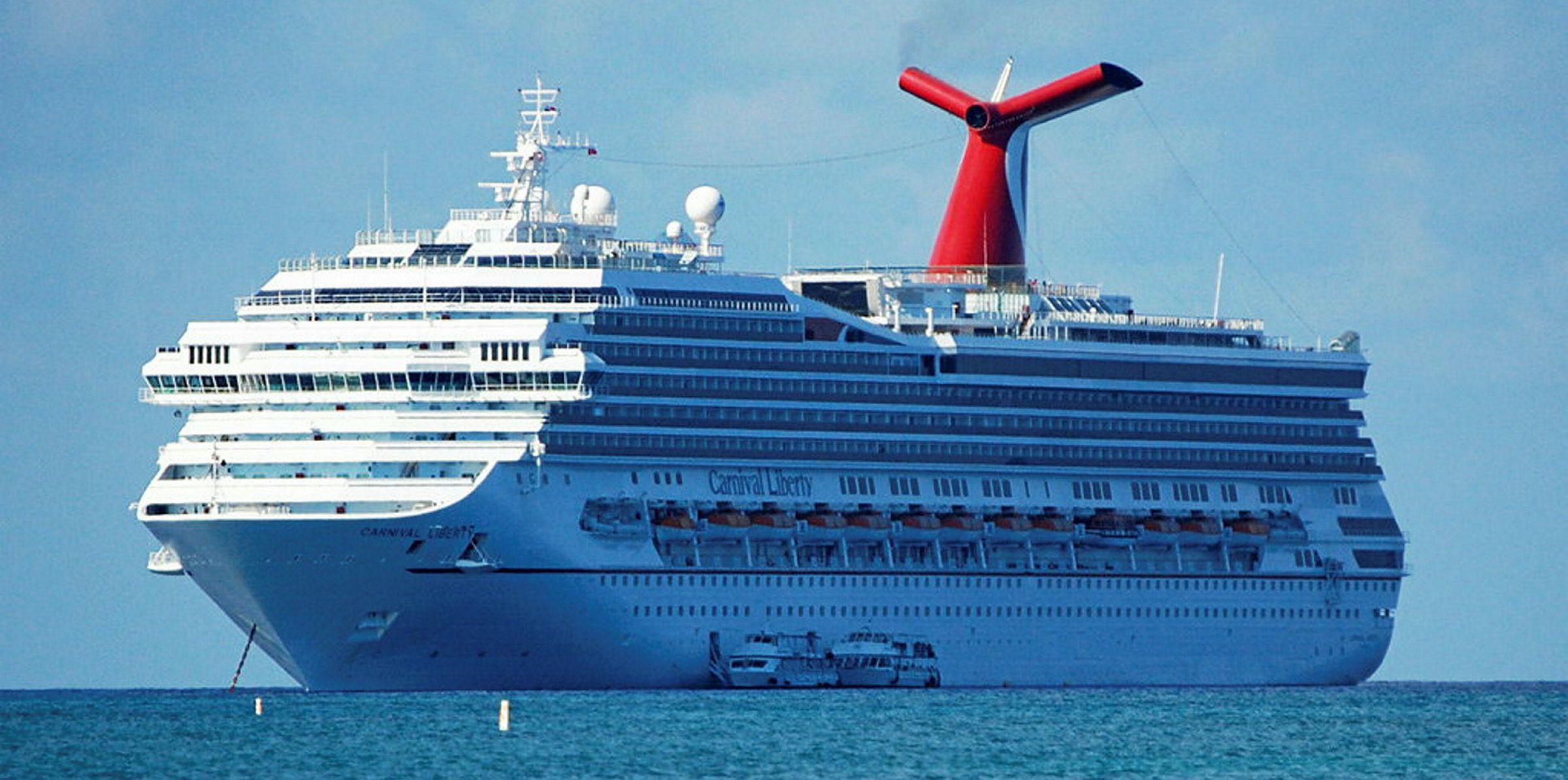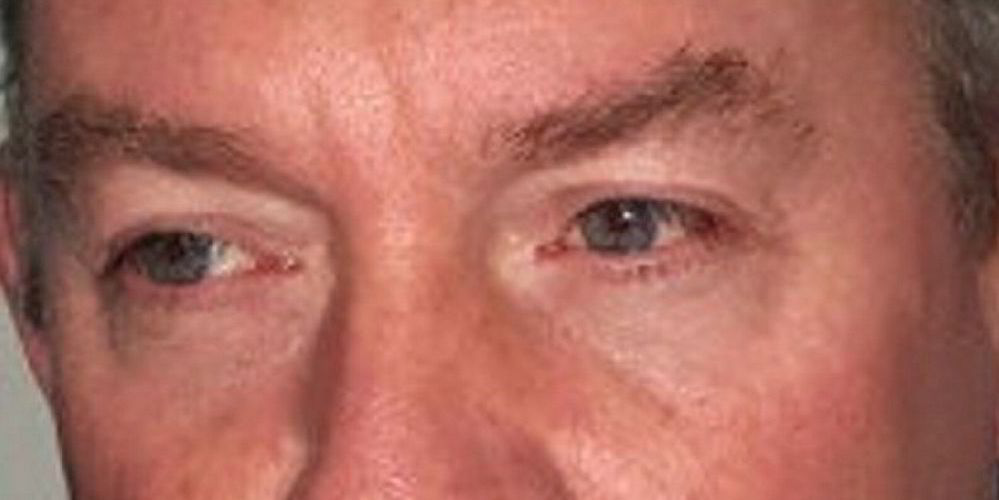A three-year analysis of exhaust gas cleaning system washwater taken from Carnival ships has shown it compares “favouably” with international water quality standards, according to the findings of a report released by the Clean Shipping Alliance (CSA).
The CSA announced the results of the study at a technical conference held in London today.
The announcement comes just after the International Maritime Organization (IMO) agreed that more studies into the environmental impact of discharging open loop scrubber waste water into the sea are required.
Open loop scrubbers have been banned at some ports around the world over environmental concerns.
Carnival’s study involved 281 wash water samples taken from 53 cruise ships, which were tested against 54 different parameters at accredited laboratories.
The laboratory results were independently evaluated by classification society DNV GL.
Mike Kaczmarek, Carnival’s vice president for marine technology, said: “Comparing scrubber washwater to various other major water standards is useful to provide perspective and to illustrate EGCS water quality in a way that is easy to understand.”
CSA executive director Ian Adams described the study as an “objective assessment” and “the largest, most credible and verifiable data set available.”
TradeWinds reported how earlier this week Japan made a presentation of its own study into the environmental impact of scrubber washwater to the IMO.
Based on its findings Japan concluded there is no scientific reason to ban open loop scrubbers.
However two reports submitted to the IMO from Germany and the European Union this week have encouraged the shipping regulator to call for further scientific study into the effects of EGCS wash water.
Speaking at a press conference held by the CSA Oldendorff Carriers Christopher Fee said the believed the IMO had been misled by the European reports.
“The two papers from Germany and the European Union are based on the preliminary findings of an incomplete study. These reports should not have been submitted,” he said.
Star Bulk carriers chief strategy officer Charis Plakantonaki said she believed scrubbers are the most effective option of reducing air pollution. “We consider scrubber fitted vessels the most environmentally friendly,” she said.






